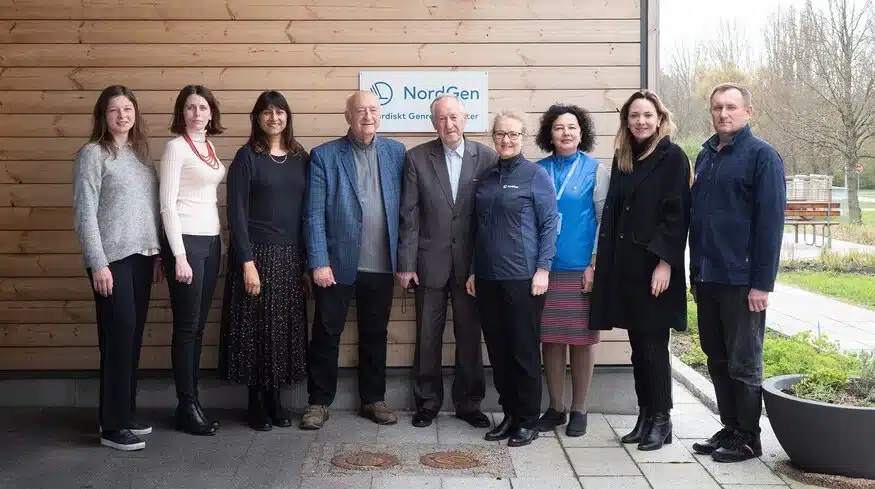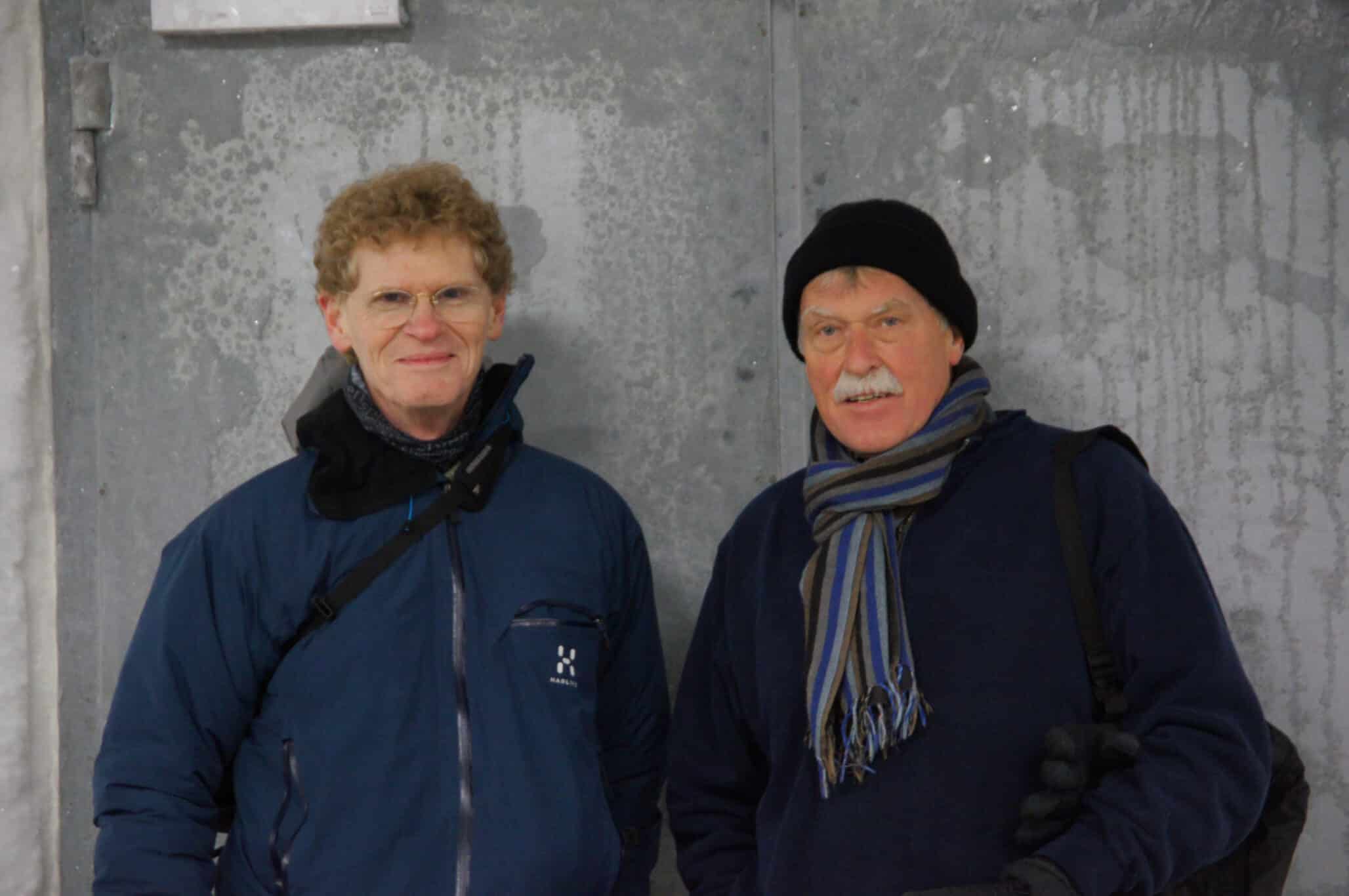We cannot take our food for granted. Far from it. For the first time in a decade, the number of hungry in the world is rising due, in part, to climate change and conflict. At the same time, the world’s population is growing, while our natural sources for food are diminishing. The good news is there are concrete efforts afoot to reduce current impacts and prevent possible disasters through the responsible management, use and sharing of the benefits from the world’s life-giving food plants.
This is where the International Treaty on Plant Genetic Resources for Food and Agriculture plays a pivotal role. Through this global pact, member countries work together to conserve and sensibly use the world’s limited precious plant genetic resources for food and agriculture.
The Seventh Session of the Governing Body – the global policy forum overseeing the International Treaty – will bring together 144 member nations, plus experts, observer countries, non- governmental organizations, scientists and farmers’ representatives in Kigali from 30 October to 3 November 2017, to take some important decisions to strengthen their pact and to ensure that our children’s children can enjoy food and agriculture nutrition originating from plants.
80% of our plant food comes from just 64 crops
All countries are dependent on other countries for their food crops and forages. Through the International Treaty, countries work together to ensure the availability of the basic material needed to grow food and cultivate agriculture. The number of food and agriculture plants currently covered under the International Treaty is limited to 64,* providing humans with 80% of their food intake from plants. However, a number of key food plants are yet to be included in this list, so that together, countries can make sure that these resources will benefit us all, not just today, but in the future. This will be a key point of discussion during the Kigali session of the Governing Body.
Key participants include:
- 144 Contracting Parties, Farmers’ Organizations, NGOs, Civil Society Organizations, etc.
- E. José Graziano da Silva, Director-General, FAO
- E. Geraldine Mukeshimana, Minister for Agriculture and Animal Resources of Rwanda
* These include maize, rice, wheat, potato, cassava, sorghum and banana. For the current list, please see Annex 1 of the International Treaty on Plant Genetic Resources for Food and Agriculture (http://www.fao.org/plant- treaty/areas-of-work/the-multilateral-system/overview/en/).
Source: Food and Agriculture Organization of the United Nations













